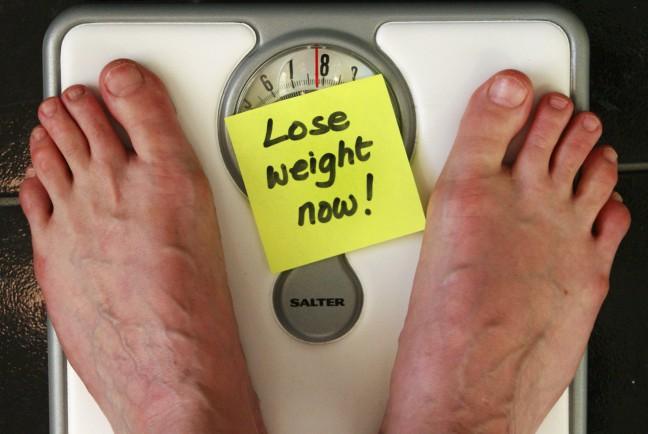I have spent a good amount of my life struggling with my body image.
I suffered from debilitating eating disorders as a teenager. I spent years as a model, obsessively measuring my waist and hips, weighing myself three, four, even five times in a single day, crying at night because I was so worried clients were secretly judging me because I wasn’t thin enough.
Such behaviors and feelings are nowhere near unique; countless individuals have dedicated countless hours to dieting and hating their bodies, imagining how perfect their lives would be if they were a few pounds smaller.
But even though I sometimes still struggle to love my body, at the end of the day, I’m thin, and with that thinness comes privilege. Living in this body will never be as difficult as living in a larger body.
How healthy eating has become an excuse for unhealthy obsession
I don’t have to be afraid strangers will judge me because of my size when I’m walking on the street. People don’t assume I’m lazy and dumb just by looking at me.
I don’t have to worry people will judge me for what I order at restaurants, or the cute clothing stores my friends shop at won’t carry my size.
I don’t feel stressed that someone sitting near me on an airplane is irritated that I’m there.
People don’t politicize everything I do based on the size of my body. When I post a selfie or wear summer clothes, people won’t call me “brave,” nor will they scold me for “promoting obesity.”
People don’t act shocked that I have accomplishments or take part in hobbies and activities even though I’m fat.
Boys who like me won’t feel embarrassed to tell their friends about it, and people don’t act shocked that I have a conventionally attractive partner.
When I go to the doctor and tell them what’s wrong, they are unlikely to assume every issue I have is connected to my weight, and strangers don’t pretend to be personally concerned about my health or offer me unsolicited diet advice.
In our culture, people who aren’t thin are regularly and consistently shamed, ostracized and disrespected, often under the pretense that being obese is considered unhealthy.
I could talk about how many people become obese because they suffer from certain health conditions, or take medications that cause weight gain, or do not have access to healthy food or turn to food to bring relief from mental health issues out of their control.
Even in the absence of visual evidence, mental illness is often as crippling as physical disability
But I don’t need to bring those facts up, because in the end, even if the stereotypes were always true and people only become obese simply because they aren’t making healthy choices, that is nobody’s business but their own.
I do unhealthy things all the time. Not only was I anorexic and bulimic for years, I have also smoked tobacco and done drugs. I drink too much alcohol, consume processed sugar and don’t get enough sleep. Yet nobody cares, because it’s not their problem.
Thin people make all kinds of terribly unhealthy choices every day, yet nobody bullies them or sends them death threats online because of it. Strangers don’t make it their personal goal to “help” me overcome these habits.
People who are fat do not owe everyone else an explanation. They don’t need to prove they are trying to be thin to be loved. Thin people aren’t the gatekeepers of fat people’s humanity.
Healthy or not, obese people deserve the same respect, compassion and right to love their bodies as everyone else, because their bodies belong to them and only them. Being cruel to people because of the size of their body will never, ever be healthy, for anyone.
But recognizing the way our culture teaches us to police and shame other people’s bodies will help us create a truly healthier, happier world for all of us.
Julia O’Donnell ([email protected]) is a senior majoring in journalism and strategic communication.














